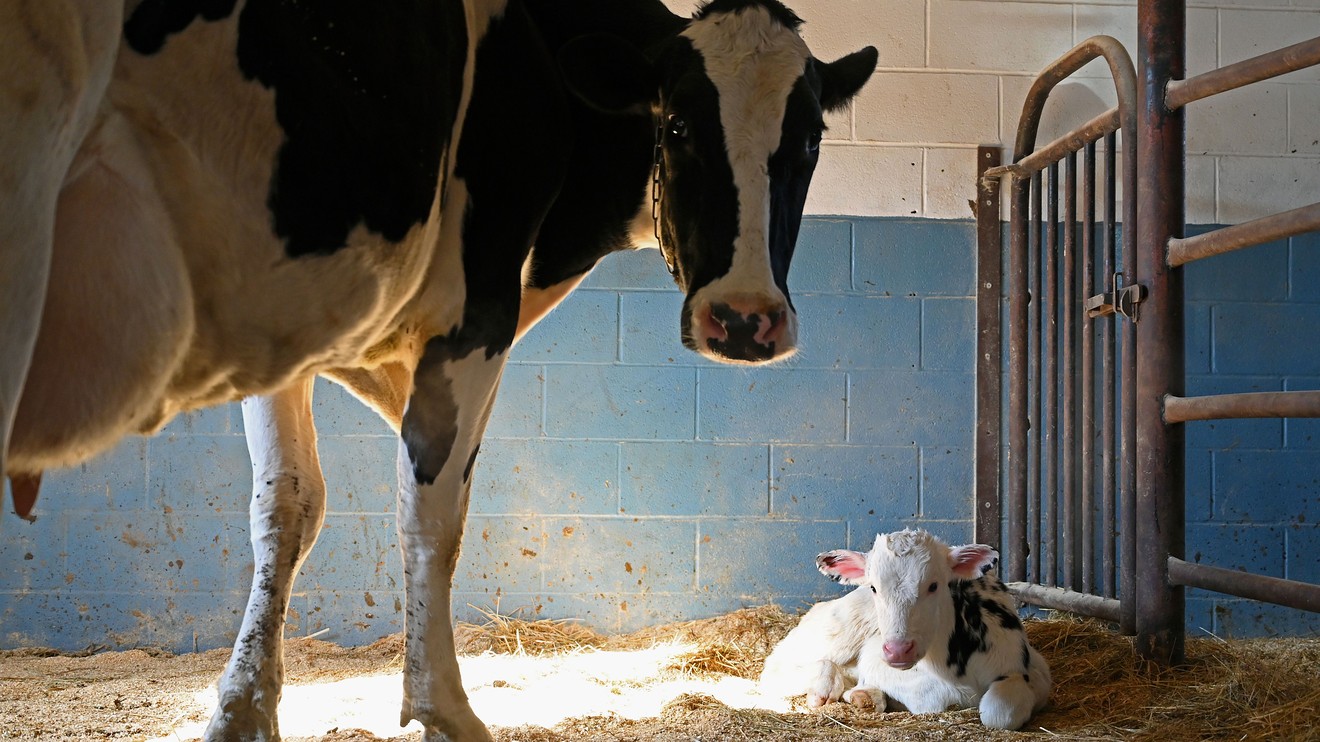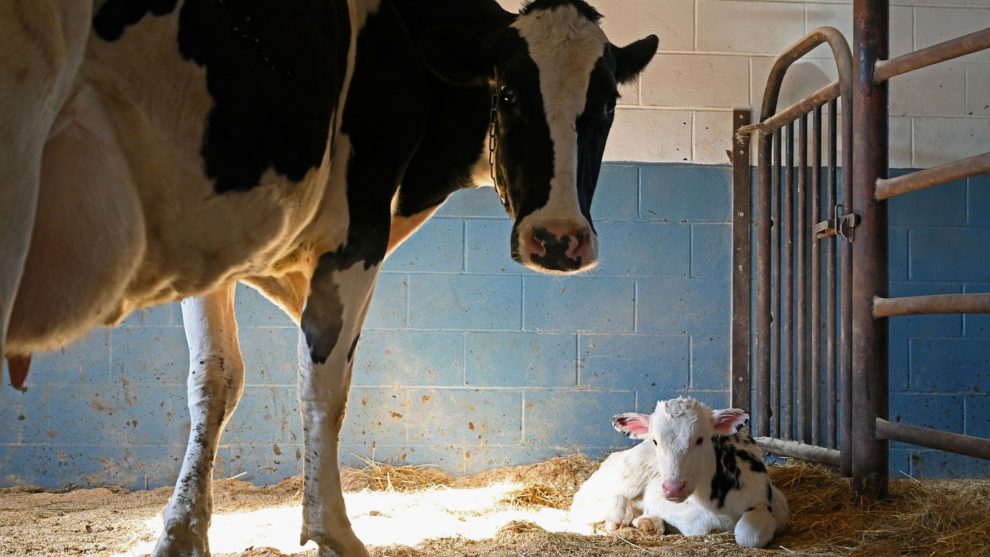
The coronavirus epidemic in China has raised concerns over a slowdown in the global economy, but agricultural commodities such as wheat, corn, and cattle are unlikely to suffer, and may get a boost when coronavirus worries ease analysts say.
“There will be no real demand destruction in agriculture from the coronavirus,” says Sal Gilbertie, president and chief investment officer at Teucrium Trading. “People still need to eat, which means agriculture demand will not abate.”
The coronavirus “lethargy” in grain and meat prices could provide investors with a chance to gain access to agricultural commodities prior to any Chinese buying that will occur from the U.S.-China phase-one trade agreement, he says.
Corn futures CK20, -0.13% fell by more than 2% while wheat WK20, +0.14% was little changed, and SK20, -0.31% lost nearly 7% this year through Thursday. Lean hog prices LHJ20, +0.11% declined by over 6%, with live cattle futures LCJ20, +0.00% losing more than 5%. Cotton CTK20, -0.61%, meanwhile, trade 0.4% higher so far this year.
The rising coronavirus infection count and death tolls have had a “bearish emotional impact” on commodity prices that are most sensitive to Chinese demand, including soybeans, says Todd Hultman, lead analyst at commodity market information and analysis provider DTN.
Commodities have all reacted differently to the new coronavirus, with haven gold GCJ20, -0.18% on the rise as oil CLJ20, +0.15% declines on the back of expectations for lower energy demand.
In the agricultural market, lean hogs were “hit the hardest” by the coronavirus, says Craig Turner, senior commodities broker with Daniels Trading.
When phase one of the trade deal went into effect on Jan. 15, “we were expecting China to buy large amounts of pork starting on Jan. 25,” he says.
The coronavirus, however, “was gaining steam in the press in late January, and when the market started to worry about the virus,” hog prices came down, he says.
Turner believes that soybeans, beef, pork, and cotton are the “most at risk” from the virus in the short term because those are products that China buys from the U.S. Cotton, in particular, is linked to textiles and manufacturing, not food or animal feed.
Still, Hultman points out that “if and when the disease concerns stabilize, we may actually find that the Chinese government will need to make more food purchases to help cities where quarantines depleted local supplies.”
In the meantime, there have been concerns that China may not meet its trade deal obligation to purchase $36.5 billion of U.S. agricultural commodities this year and $43.5 billion in 2021, says Dan Cekander, president of grain-market service DC Analysis, adding that he believes the coronavirus has delayed Chinese buying under the trade pact.
Cekander expects China to comply with the agreement terms, but if the coronavirus remains headline news until the summer, there is “increased risk” of China asking for a reduction in its 2020 purchase obligations.
Those obligations were already “very challenging,” says Darwei Kung, head of commodities and portfolio manager at global asset manager DWS Group.
With the coronavirus, it is more likely that China would delay the implementation while the government focuses on using its resources to fight the spread of the disease, Kung says. The implementation may “only resume post-resolution’’ of the epidemic, he says.
However, the impact of the virus on food consumption is much less than that on energy consumption, says Kung.
“While people in China have traveled less or delayed factory reopenings, aggregate food consumption is less likely to be deferred or delayed,” he says.
div > iframe { width: 100% !important; min-width: 300px; max-width: 800px; } ]]>











Add Comment